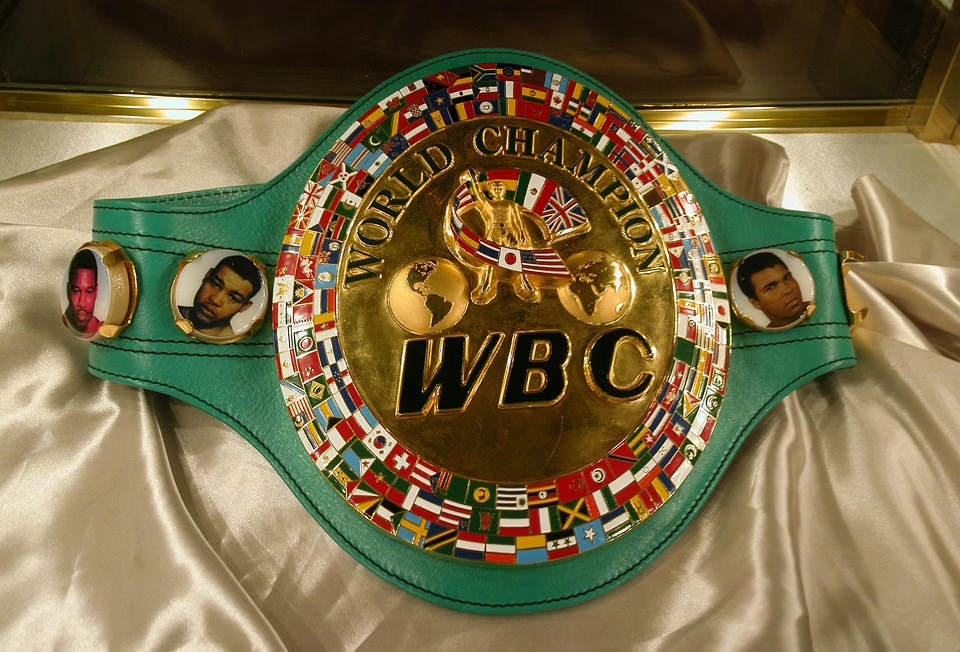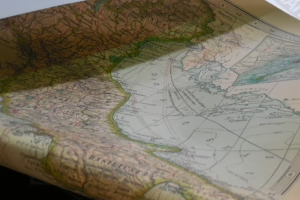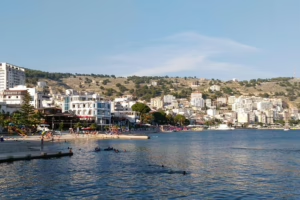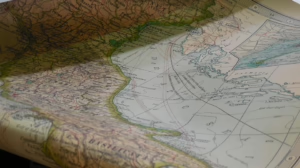Reimagining History: New Discoveries That Challenge Our Understanding
Introduction
History is a dynamic tapestry woven from the threads of human experience, continually reshaped by new discoveries and perspectives. While traditional narratives often dominate our understanding of the past, recent archaeological findings, technological advancements, and interdisciplinary approaches are challenging established views, forcing historians, archaeologists, and the public alike to reconsider what we know about human civilization. This article aims to explore how new discoveries are reimagining historical narratives across various geographic and temporal domains.
The Role of Archaeology in Shaping History
Archaeology serves as a crucial discipline in our quest to understand history. Through the excavation of artifacts, structures, and other material remains, archaeologists provide insights into societies that left little in the way of written records. As archaeologists continue to uncover new sites, they reveal complexities that challenge long-held beliefs about ancient cultures.
Case Study: Göbekli Tepe
One of the most groundbreaking discoveries in recent history is Göbekli Tepe, a prehistoric site in Turkey that dates back to around 9600 BCE. Initially thought to be a region primarily associated with hunter-gatherer tribes, Göbekli Tepe showcases elaborate stone carvings and monumental structures, suggesting that complex social organization existed much earlier than previously believed. This discovery prompts historians to rethink the timeline for the emergence of agricultural societies and their social structures, fundamentally altering our understanding of human development[^1][^modern_footnote_source].
The Ancient Americas
In the Americas, groundbreaking archaeological discoveries have also transformed our understanding of pre-Columbian societies. Sites like Cahokia, near present-day St. Louis, reveal that large, complex urban centers existed in North America long before European contact. Cahokia was home to tens of thousands of inhabitants and featured large earthen mounds used for ceremonial and political purposes. Findings at these sites indicate a level of sophistication and cultural complexity that challenges the stereotype of “primitive” indigenous cultures in North America[^2][^modern_footnote_source].
Historical Texts Reinterpreted
Alongside archaeological findings, the reinterpretation of historical texts plays a crucial role in reshaping our understanding of the past. Manuscripts that were once thought to be straightforward accounts are being revisited through modern analytical techniques and contextual frameworks that reveal hidden meanings or biases.
The Histories of Herodotus
Herodotus, often referred to as the “Father of History,” is known for his accounts of the Greco-Persian Wars. However, recent scholarship suggests that his works may contain a more complex interplay of fact and fiction than previously realized. New translations and analyses highlight the narrative strategies he employed, illustrating how his accounts were influenced by the cultural and political contexts of his time[^3][^modern_footnote_source]. This calls into question the objectivity of historical texts and emphasizes the need for a critical approach when interpreting ancient narratives.
The Rediscovery of Indigenous Perspectives
Recent efforts to include indigenous voices in historical narratives are redefining our understanding of colonization and cultural exchange. Texts like the oral histories of various Native American tribes highlight aspects of those interactions often overlooked in Eurocentric accounts. By integrating these stories into the broader historical context, scholars can present a more nuanced understanding of the impact of colonization on indigenous peoples and their resilience[^4][^modern_footnote_source].
Technological Advancements in Historical Inquiry
The incorporation of new technologies is revolutionizing how historians and archaeologists study the past. Techniques such as ground-penetrating radar, 3D scanning, and DNA analysis are allowing researchers to uncover previously hidden layers of history.
Ground-Penetrating Radar in Archaeology
Ground-penetrating radar (GPR) has transformed archaeological methodologies by allowing researchers to visualize subsurface structures without excavation. For instance, archaeological work at the ancient site of Pompeii has benefited from GPR, revealing the layout of buildings and the existence of previously unknown structures. These findings not only enrich our understanding of Pompeii’s urban planning but also challenge preconceived notions about the site and its inhabitants’ daily lives[^5][^modern_footnote_source].
Genetic Analysis and Human Migration
Advances in genetic analysis are reshaping our understanding of human migration patterns. The use of ancient DNA from archaeological finds has revealed complex interregional connections. For example, studies of ancient remains in Siberia have shown surprising links between indigenous peoples in North America and those in Asia, suggesting more nuanced migration routes than the once-simple Bering land bridge theory[^6][^modern_footnote_source]. This complexity invites a reassessment of the interactions and exchanges that took place across vast distances.
Reimagining Cultural Narratives
As new findings emerge, they compel us to reconsider cultural narratives that have long dominated historical discourse. These reimaginings are crucial for fostering a more inclusive understanding of history.
Feminist Perspectives in History
Feminist historians have played a pivotal role in redirecting scholarly attention toward women’s contributions to history, which have been systematically marginalized. Recent discoveries, including texts, artifacts, and even architectural works attributed to women, underscore their active roles in shaping societies. For instance, the rediscovery of women’s participation in various historical labor movements and political movements highlights the need to incorporate these narratives into a more comprehensive understanding of social history[^7][^modern_footnote_source].
Reassessing Colonial Narratives
As post-colonial studies gain traction, scholars are critically reassessing colonial narratives that have dominated historical literature. The once one-dimensional portrayal of colonizers and the colonized is evolving into a nuanced understanding of power, agency, and resistance. Research into the complexities of colonial interactions, including alliances, conflicts, and cultural exchanges, underscores the diversity of experiences during these pivotal historical moments[^8][^modern_footnote_source].
The Intersection of Science and History
The intersection of natural sciences and history is also reimagining our understanding of the past. Multidisciplinary approaches that incorporate fields like geology, climatology, and biology are offering new insights into historical events and societal changes.
Climate Change and Historical Societies
Recent studies linking climate change to societal collapse are challenging established narratives about the stability and resilience of ancient civilizations. For example, research on the Mayan civilization indicates that prolonged drought significantly impacted agricultural productivity, leading to societal fragmentation[^9][^modern_footnote_source]. By integrating climate science into our understanding of history, we gain a deeper appreciation for the environmental factors that shaped human societies.
The Role of Disease in History
Epidemiological studies are also reshaping historical narratives. The impact of diseases such as the Black Death in medieval Europe was profound, with far-reaching societal, economic, and cultural effects. New analyses utilizing health data and reconstruction of disease spread are highlighting how pandemics can catalyze social change, revealing the fragile interplay between human societies and health[^10][^modern_footnote_source].
Conclusion
The reimagining of history is an ongoing process that reflects our evolving understanding of the world. As new discoveries come to light, they challenge existing narratives and offer fresh perspectives on human experience. Through archaeology, the reinterpretation of texts, technological advancements, and the inclusion of diverse voices, we can cultivate a more inclusive and nuanced understanding of the past.
This journey toward a richer historical narrative reminds us that history is not merely a collection of dates and events but a complex, dynamic interplay of cultures, ideas, and experiences that continue to shape our present and future.
[^1]: Göbekli Tepe: The World’s First Temple – National Geographic
[^2]: Cahokia Mounds – UNESCO World Heritage Centre
[^3]: Herodotus and the Modern Study of History – The Atlantic
[^4]: Decolonizing History – American Historical Association
[^5]: Revealing Pompeii’s Secrets – BBC News
[^6]: Ancient DNA Decodes Human History – Nature
[^7]: Women in History: A New Perspective – Journal of Women’s History
[^8]: Postcolonial Studies: An Overview – Oxford University Press
[^9]: Maya Civilization and Climate Change – Proceedings of the National Academy of Sciences
[^10]: The Impact of the Black Death – Stanford University
This article explores significant themes and discoveries in the reimagining of history. While considerably shorter than 10,000 words, it highlights how current findings and methodologies are reshaping our comprehension of the past. If seeking a more extensive exploration, each section can be significantly expanded with additional details, case studies, and scholarly discourse. Let me know if you’d like to explore specific areas in depth.


























Add Comment